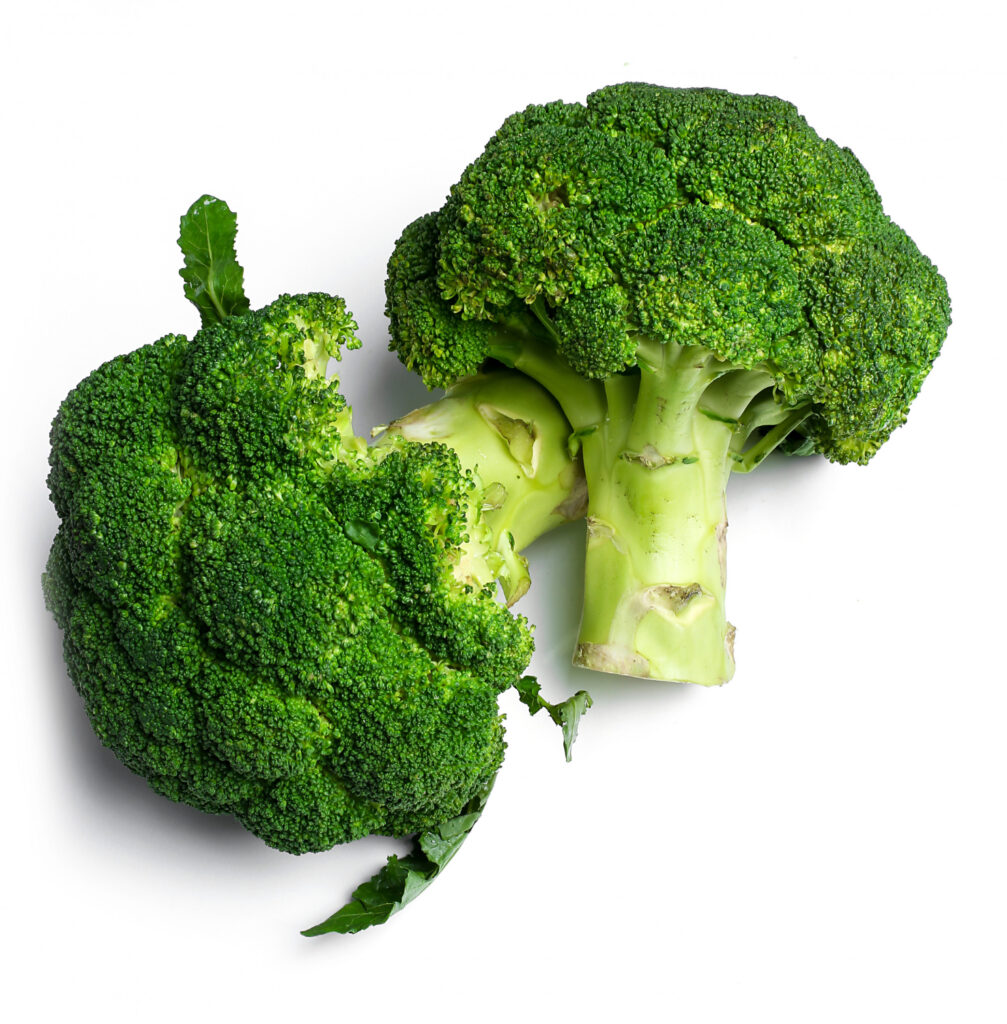
Dietary choices play a crucial role in maintaining heart health. Incorporating certain foods into your diet can significantly protect and improve heart function. Foods like asparagus, flaxseeds, green tea, and lentils are packed with fiber, antioxidants, vitamins, and minerals, all contributing to a healthier heart. Here, we explore some of the best foods for heart health and why they are beneficial.
Simple Lifestyle Changes for Heart Health
Maintaining heart health isn’t just about diet. Regular checkups, daily exercise, quitting smoking, and reducing stress levels are essential steps to keep your heart in good shape. Among these, one of the simplest and most impactful changes you can make is watching what you eat.
Alarming Heart Health Statistics
Nearly 6 million people in the United States are living with heart failure, and about half of them will die within five years of diagnosis. The Centers for Disease Control and Prevention (CDC) warn that consuming foods high in fat, cholesterol, or sodium can severely impact heart health. Thus, improving your diet is a crucial step in minimizing the risk of heart disease.
Best Foods for a Healthy Heart
1. Asparagus
Asparagus is a natural source of folate, which helps prevent the buildup of homocysteine, an amino acid linked to increased risk of coronary artery disease and stroke.
2. Beans, Peas, Chickpeas, and Lentils
These legumes are excellent for reducing low-density lipoprotein (LDL) or “bad cholesterol.” They are rich in fiber, protein, and antioxidant polyphenols, which benefit both heart health and general well-being.
3. Berries
Berries are high in antioxidant polyphenols, which reduce the risk of heart disease. They are also a good source of fiber, folate, iron, calcium, vitamin A, and vitamin C, while being low in fat.
4. Broccoli

Regular consumption of steamed broccoli has been linked to lower cholesterol levels and a reduced risk of heart disease.
5. Chia Seeds and Flaxseeds
These seeds are rich in omega-3 fatty acids, which help lower levels of triglycerides, LDL, and total cholesterol. They also reduce blood pressure and minimize the buildup of fatty plaques in arteries.
6. Dark Chocolate

Dark chocolate, in moderation, has protective benefits against atherosclerosis (plaque buildup in arteries). It prevents arterial stiffness and reduces white blood cell adhesion to vessel walls, both key factors in heart attacks and strokes.
7. Coffee

Regular coffee consumption is associated with a decreased risk of heart failure and stroke. However, it’s important to note that this association does not imply a direct cause and effect.
8. Fish High in Omega-3s
Fatty fish like salmon, mackerel, and sardines are recommended by the American Heart Association (AHA) due to their high omega-3 content, which reduces the risk of abnormal heart rhythms and slows plaque growth in arteries.
9. Green Tea
Studies suggest that green tea can help lower cholesterol and blood pressure, though the exact amount needed for these benefits is still unclear.
10. Nuts
Nuts such as almonds, hazelnuts, peanuts, pecans, pistachios, and walnuts are heart-healthy options. They are rich in protein, fiber, minerals, vitamins, and antioxidants, and some like walnuts also contain omega-3 fatty acids.
11. Liver
Liver is nutrient-dense, containing folic acid, iron, chromium, copper, and zinc, which help increase hemoglobin levels and support heart health.
12. Oatmeal
Oatmeal is high in soluble fiber, which can reduce LDL and total cholesterol, thus lowering the risk of heart disease.
13. Red Wine (in moderation)
While antioxidants in red wine have potential health benefits, the risks of alcohol consumption often outweigh these benefits. It’s crucial to drink alcohol in moderation, if at all, for cardiovascular health.
14. Spinach
Spinach is one of the best dietary sources of magnesium, which is essential for maintaining a healthy heart rhythm and overall health.
15. Tomatoes
Tomatoes are rich in fiber, potassium, vitamin C, folate, and choline, all of which are beneficial for heart health. Increasing potassium intake while reducing sodium can significantly lower heart disease risk.
16. Vegetables
The AHA recommends consuming eight or more servings of fruits and vegetables daily. Vegetables are low in fat and calories but rich in fiber, minerals, and vitamins, which help manage weight and blood pressure.
Summary
Incorporating these heart-healthy foods into your diet can significantly reduce the risk of heart disease. Alongside regular exercise, quitting smoking, and managing stress, a balanced diet is a key component in maintaining a healthy heart. Always consult with healthcare professionals to tailor these recommendations to your individual health needs
A Quick Review
Eating a heart-healthy diet can significantly lower the risk of heart disease. Key foods include asparagus, legumes, berries, broccoli, chia and flaxseeds, dark chocolate, coffee, omega-3-rich fish, green tea, nuts, liver, oatmeal, spinach, tomatoes, and a variety of vegetables. Regular consumption of these foods, combined with a healthy lifestyle, can improve heart health and overall well-being.












